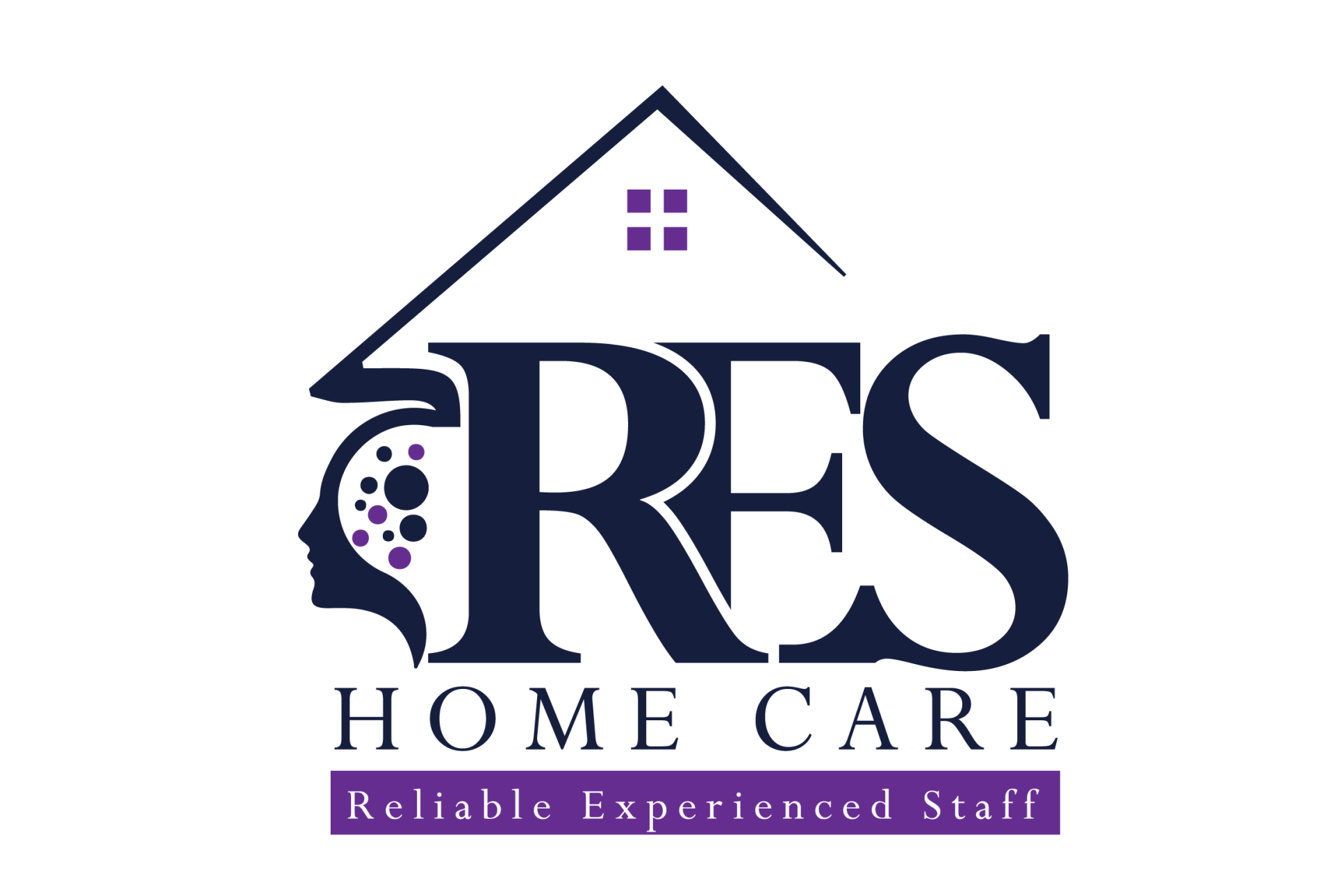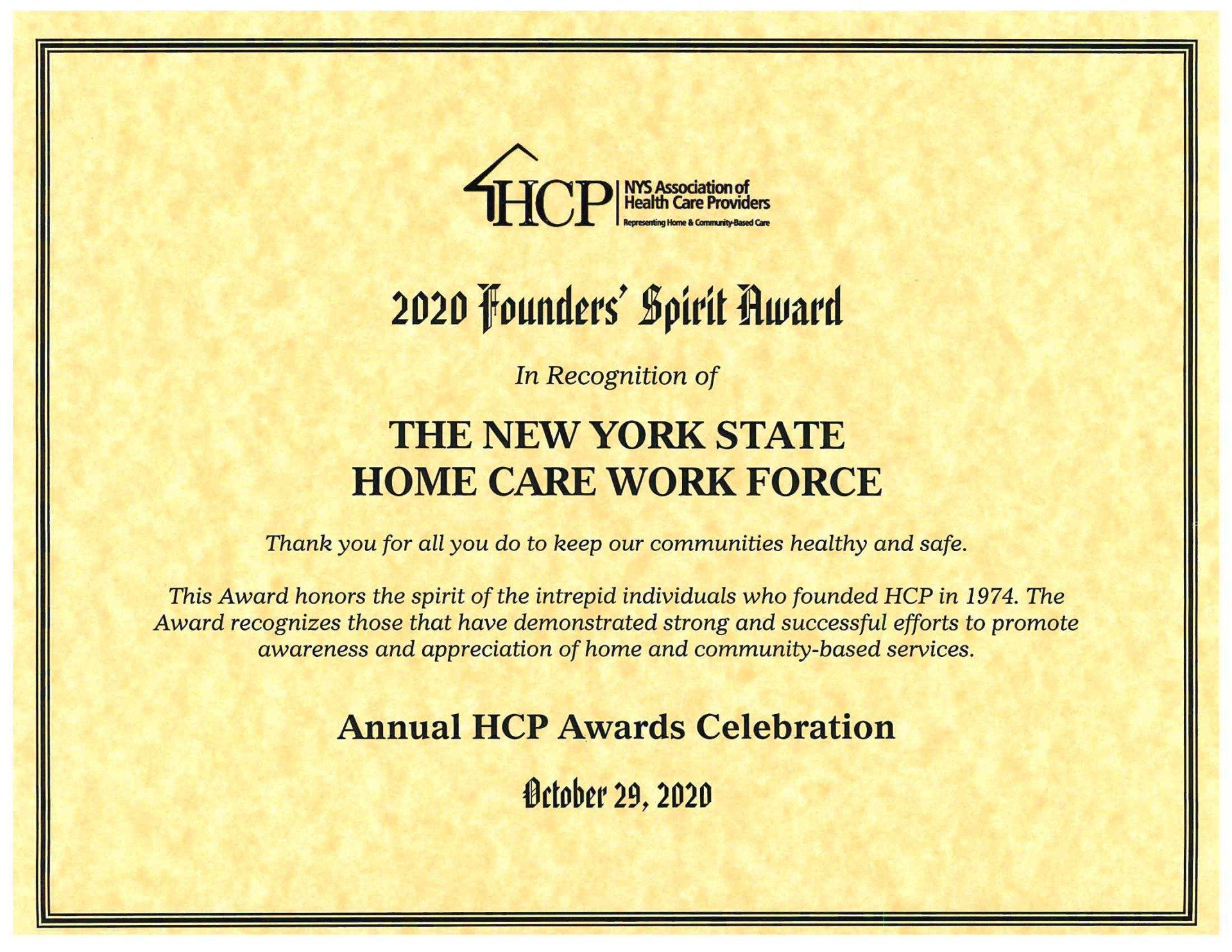
"Thank you for your unwavering dedication during this unprecedented time in health care. The last several months have highlighted the benefits of being part of something bigger, having a network of colleagues upon whom you can rely, and having a strong infrastructure in place that helps us adjust to the changes that are beyond our control. Thank you for your unflagging work on behalf of your patients and staff during this pandemic. It has been inspiring!"


Dealing with the death of a loved one is likely one of the worst experiences in life, but it’s even more difficult if you previously lived with the deceased. In the late ’60s, psychologist Elizabeth Kübler-Ross touted the five stages of grief as denial, anger, bargaining, depression, and acceptance in her book On Death and Dying. However, recent research suggests that Ross’s theory is more of a myth. Experts now believe that many people proactively try to move forward after loss. This is not to say that you don’t have a rocky, emotionally laden road ahead of you, but considering a move after a loss is one of the first steps you can take toward having a fresh start in life.
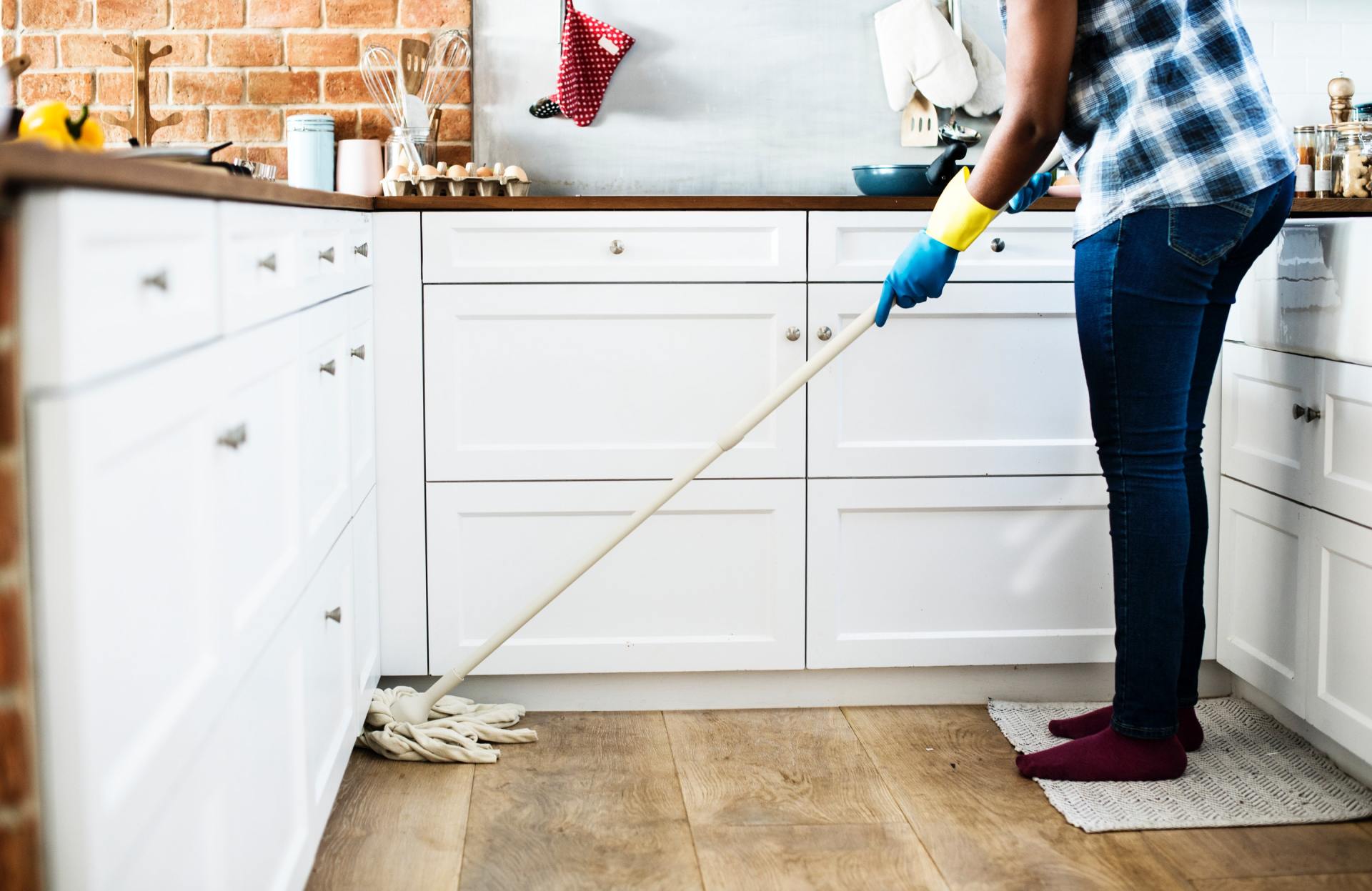
As domestic activities go, house cleaning isn’t one you’d expect to gain any residual health benefits from, but it’s true. There’s a definite association between clean, orderly, and sanitary surroundings and good mental and physical health. If you’ve ever gotten a feeling of satisfaction and accomplishment from having put your home in order, you know how beneficial it can be to practice cleanliness at home.
Cleaning, decluttering and getting organized has been shown to improve mood, strengthen relationships, and aid in efforts to lose weight. Even if you hate cleaning, there’s probably part of you that also dislikes coming home to a dirty house after a long day at work. Women who characterized their houses as cluttered proved more susceptible to fatigue, stress, and depression, according to a study published in Personality and Social Psychology Bulletin .
It would seem that there’s something more to be gained from cleaning than a shiny floor and clean bedrooms. Regular dusting, vacuuming (it might help to invest in a vacuum that specializes in deep cleaning ), and mopping can keep allergens and toxins out of your breathing air and establish a healthful living space for the whole family.
Bring in the Pros
Unfortunately, work and a busy personal schedule can make it very difficult to keep up with the need to clean your house. If you find that’s the case, there can be a great benefit in engaging with a professional service to perform a thorough deep cleaning of your home.
A Healthy Appetite
It makes sense that your appetite would improve without a lot of dirty dishes and half-eaten food left lying around. However, there’s more to it than that. Clutter is stressful and unrestful and works against the innate desire for orderliness. Research has found that people who are surrounded by clutter at home or at work tend to make poor food choices , opting for quick and easy choices that lead to obesity and many of its more unpleasant symptoms.
Improved Relationships
Cleanliness can strengthen that most important of relationships — the one between you and your spouse. Most married couples can point to at least one occasion when a failure, or refusal, to wash dishes or take out the trash when asked led to some form of marital strife. If it becomes an enduring problem, resentment may result and result in deeper marital problems. Cleanliness is a subject that should be clarified so that both partners understand what’s expected of each other. Consider assigning specific cleaning responsibilities with the understanding that both of you will hold up your end of the cleaning bargain.
Enhanced Productivity
If you work at home or enjoy a hobby when you’re at home, productivity has some meaning and importance to you. Be aware that research studies have proven that a cluttered environment can negatively affect one’s ability to complete tasks on a timely basis. It seems that disorganized, cluttered surroundings tend to overload your perceptive senses, making it harder to concentrate and focus on a given task. In other words, the less negative visual stimuli, the better.
Better Sleep
It’s always easier to get to sleep if you’re not stressed out about something, such as a cluttered house. If you’re satisfied knowing that everything’s where it should be and there’s no mess waiting for you in the morning, such as a stack of dirty dishes in the sink, you can expect to get a good night’s sleep. Clean up after dinner and get the laundry done before bedtime and you can expect to wake up feeling rested and rejuvenated.
No one enjoys living in dirty surroundings. It’s a mental and emotional burden that can take a physical toll as well if it gets out of hand. Maintaining a clean home environment takes regular, consistent effort, but the long-term benefit to your mental well-being is well worth the effort.

BOHEMIA, NY October 25, 2018 – RES COMPANY has been
awarded a 2018 Top Workplaces honor by Newsday. The list is based solely on
employee feedback gathered through a third-party survey administered by
research partner Energage
,
LLC (formerly WorkplaceDynamics), a leading provider of technology-based
employee engagement tools. The anonymous survey measures several aspects of
workplace culture, including alignment, execution, and connection, just to name
a few.
“Top Workplaces is more than just recognition,” said Doug Claffey , CEO of Energage. “Our research shows organizations that earn the award attract better talent, experience lower turnover, and are better equipped to deliver bottom-line results. Their leaders prioritize and carefully craft a healthy workplace culture that supports employee engagement.”
"Being chosen as one of Newsday's 2018 Top Workplaces is a
wonderful achievement for RES Company. What makes it so special is that the
feedback from our employees allowed us to win this honor! We continue to work hard every day for our
clients, to assist them in becoming more independent, and it's so nice to take
a moment to honor the agency that allows us to do such wonderful work,"
said Jodi Repperger, Vice President of RES Company.
One staff member said, "I have my family, and I have my RES Family. It is such a great feeling to know that we are all working together to help our clients achieve independence in the community.” Another said, "It’s such a great feeling to be a part of RES and knowing that we are all in it together.”
“Becoming a Top Workplace isn’t something organizations can buy,” Claffey said. “It’s an achievement organizations have worked for and a distinction that gives them a competitive advantage. It’s a big deal.”
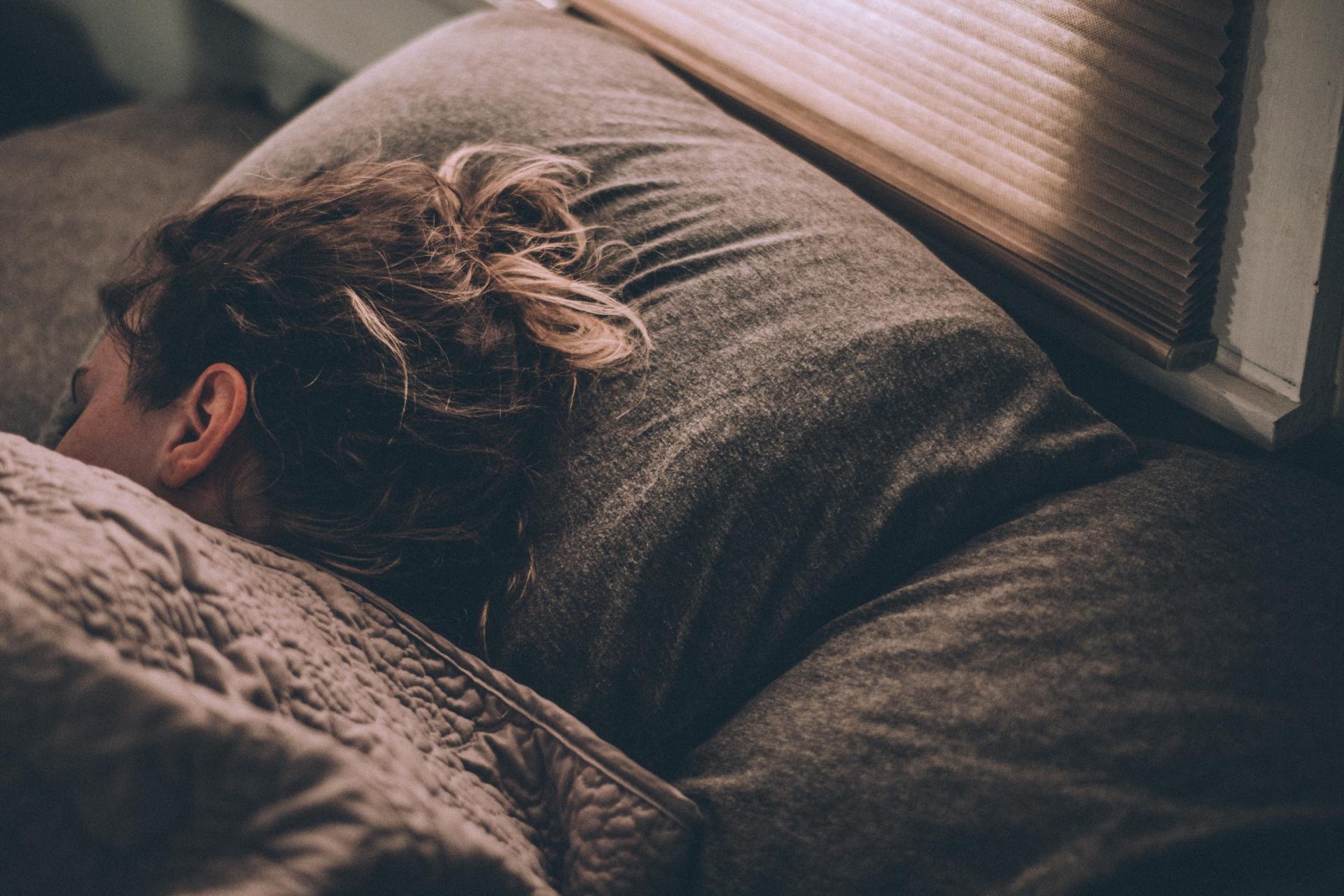
It’s natural to experience a wide range of emotions after the death of a loved one. Thoughts come at you in a flood that can be difficult to shut off as you replay and try to process the experience. Maybe you think there’s something you could have done differently, or something you wish you’d told your partner before the end. It’s not unusual for people to wander around in a fog, unable to fully comprehend the immensity of their loss. An inability to sleep is a common manifestation of what you’re feeling, and it can problematize the emotional healing process. If the loss of a life partner has left you unable to sleep at night, consider the following ideas.
Get active
Grief affects people in different ways. Some go into a manic frenzy of activity, while others pull into themselves and try to shut out the world. If you’re inclined to nurse your hurt in private, be aware that exercise can make it considerably easier to get the restful sleep you need. You don’t have to join a gym or a yoga class. Try going for a long walk or run; there’s a contemplative dimension to walking and running that can help you make sense of all those conflicting thoughts and emotions. Even a few minutes of basic calisthenics will benefit you when bedtime rolls around.
Create a better sleep space
Sometimes the sleep environment we create for ourselves is not conducive to healthful, restorative sleep. Block out all light (use blackout shades rather than a sleep mask), shut out all noise (try a smart sleep light instead of a floor fan to block out any residual sound), and turn off all electronics including the TV, computer and handheld devices so the blue light they emit doesn’t signal your brain that it’s time to wake up. A restful bedroom is an absolute essential if you’re having trouble getting to sleep, so spend extra time and give some extra thought to getting yours just right. Consider adapting your bedroom to the precepts of Feng Shui, a Chinese philosophy that produces a more accommodating space by focusing energy positively. Hiring a Feng Shui consultant ranges from $492 to $905 nationally, according to HomeAdvisor.
Cut out caffeine, alcohol
You’re probably aware that stimulants such as caffeine and nicotine can make it difficult to fall asleep by elevating the metabolism. Alcohol also has a negative effect by robbing you of the sleep you get from the second half of the sleep cycle. However, you may be unaware that you’re drinking coffee or tea or having a couple of nightcaps later at night than you should. Try cutting it off after dinner and substitute warm milk (it really helps!) or a caffeine-free tea to help soothe your nerves and signal your brain that it’s time to wind down.
Warm bath/shower
Soaking in a hot bath elevates your body temperature, which is reduced when you emerge and towel off. That’s a good thing, because a lower body temperature means a reduced metabolic rate and a better chance of naturally falling asleep.
Record your grief
Some writers believe that we don’t really understand our feelings and deepest thoughts until we write them down. If that’s true, then a grief journal can be a tremendous asset for someone trying to come to terms with a profound, deep-seated grief. Think of it as a way of conducting a dialogue with yourself. Write down anything that comes into your mind - it doesn’t have to be great literature, just tell yourself what you think. You might be surprised how therapeutic a grief journal can be.
Grief is a highly personal passage each of us has to travel at some time in our lives. But you don’t have to suffer physically from it. If losing a spouse is causing sleep deprivation, a more restful sleep space, better pre-bedtime habits and regular exercise can make a big difference.
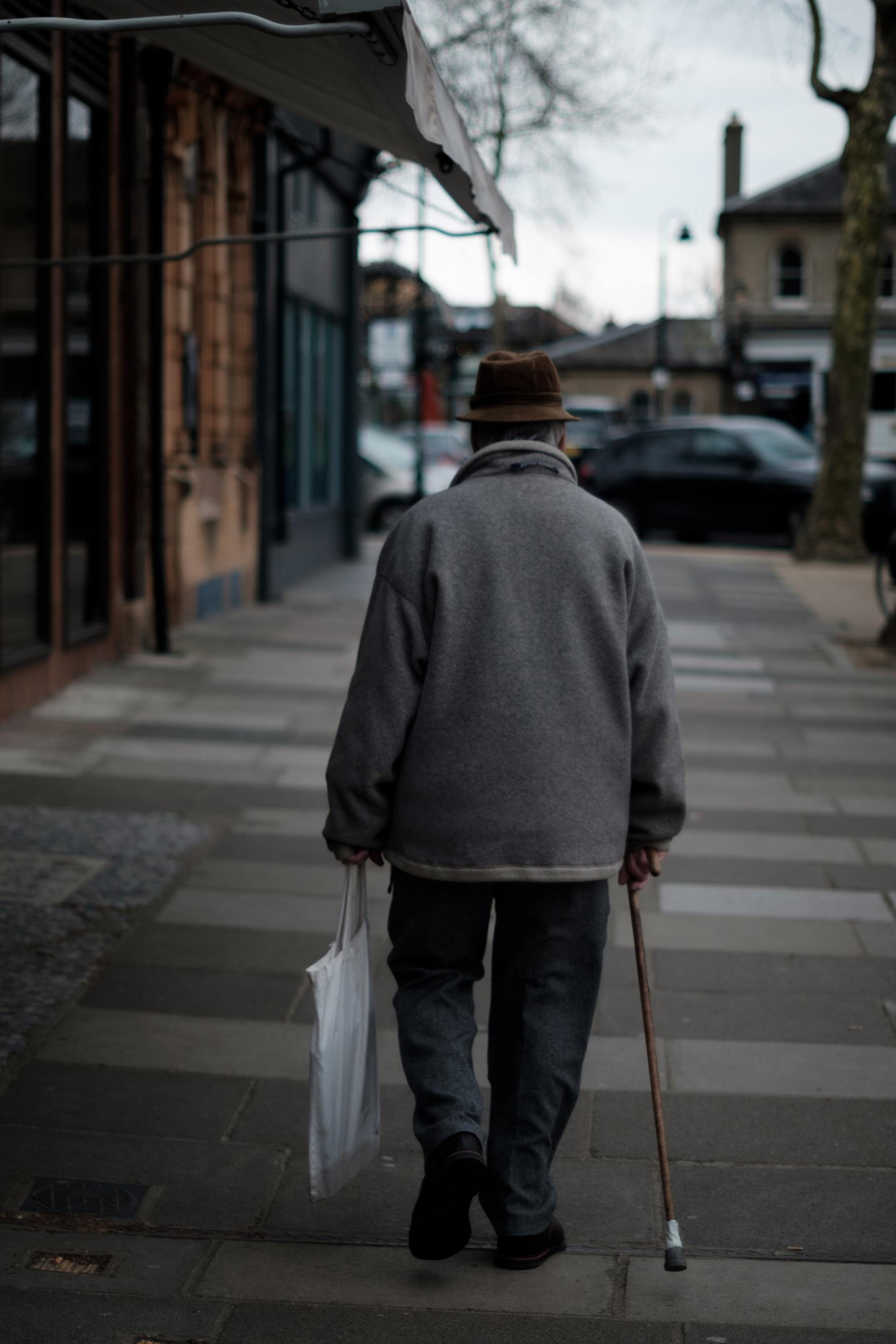
Aging seniors often face reductions in their quality of life because of age-related diseases and mental disorders. But this doesn't mean you are doomed to live out your golden years in discomfort and unhappiness. Every senior can take steps to control their physical and mental health so they can alleviate pain, reduce cognitive decline and ensure emotional needs are met.
If you’ve been in your current home for several years, there’s a good chance it’s in need of some updates -- whether major or minor -- that will make it easier for you to live in your home as a senior. According to Angie’s List, home modifications that will help those in their golden years can be categorized in one of three ways: safety, accessibility and convenience. Safety features include those that help with fall prevention, such as grab bars in showers and tubs; accessibility features make a home more navigable, including widened doorways or entryway ramps; and convenience modifications are wishlist items that are helpful to have but can be put off if needed, such as lever-style door handles or remote-controlled lighting. Take a look around your home to get an idea of what changes you can make to ensure your home is safe and comfortable for as long as possible, and always prioritize repairs and upgrades that will help you avoid accidents and injuries.
Get Treated for Mental Disorders
Did you know that about 15 percent of adults over the age of 60 suffer from a mental disorder? Depression is especially prevalent among older adults, though sadly, it is largely undiagnosed and untreated in care settings. Often, depression in seniors co-occurs with physical problems that are given priority by doctors. If you're concerned that your elderly loved one is suffering from depression, look for the following symptoms :
● Withdrawal from usual activities
● Frequent sadness
● Feelings of guilt
● Loss of ability to experience pleasure
● Pacing or irritability
● Difficulty sleeping
● Changes in appetite
● A preoccupation with physical health
If you suspect yourself or someone you love is depressed, talk to a doctor about starting treatment as soon as possible.
According to LiveStrong , being physically active in old age is important for maintaining mobility, independence and staving off common age-related diseases. Activity can improve your quality of life by reducing chronic pain, making it easier for you to do the things you love and helping improve your daytime energy. Exercise can even help you combat the psychological effects of aging.
Try low-impact exercises , such as swimming, walking, cycling and yoga. It’s recommended you get at least 150 minutes of physical activity every week. Make sure you also include strength training a couple of times per week to support your muscles.
Don’t forget to exercise your mind. The Scientific American reports that memory and reasoning training has been found to significantly offset cognitive decline in older adults. Plus, people who train their brains on a regular basis seem to process information quickly. For example, they may be faster at finding items in a pantry or making change for purchases at the grocery store. Though your beloved crossword puzzles or Sudoku games are good mental workouts, you need to continuously challenge your brain with new activities as well.
You may notice that as you get older, the more distant you feel from the rest of society. In fact, according to the U.S. Census Bureau, more than 42 percent of people aged 65 and older live alone. Not only that, but seniors who feel isolated report worse physical and mental health, as well as quicker cognitive decline. So, keep your social life active by getting involved with local groups, such as chess or sewing groups for seniors. You may even enjoy volunteering in your community. If your loved one is a senior, make sure you visit them regularly and keep in touch whenever possible.
Adopting a healthy lifestyle is key to maintaining your quality of life in old age. Though your body and mind will change, being ready to accept those changes in your life will help you control feelings of helplessness. With proper care for your mental and physical health, you’ll be able to remain independent for as long as possible and engage in the activities you’ve loved throughout your life.

Living with a traumatic brain injury (T.B.I.) can be difficult. Many RES Community Members are currently living in the community while they manage the long-term impact of brain injuries. A recent study has documented how anyone that experiences a brain injury, including concussions, has an increased risk of suicide. This is a sure marker of the increased burden a brain injury places on the individual and family. That is why it is so important that states recognize the need to provide adequate support for survivors. The following article discusses this further.
RES has a wide range of supports for survivors of traumatic brain injuries (TBI) as well as long-term care or mental health needs. To find out more about our services, feel free to contact our intake office at 631-732-4794 (Ext. 121).

http://drleonardcoldwell.com/supplemental-nutrition-found-to-treat-brain-injury-better-than-prescrip...
